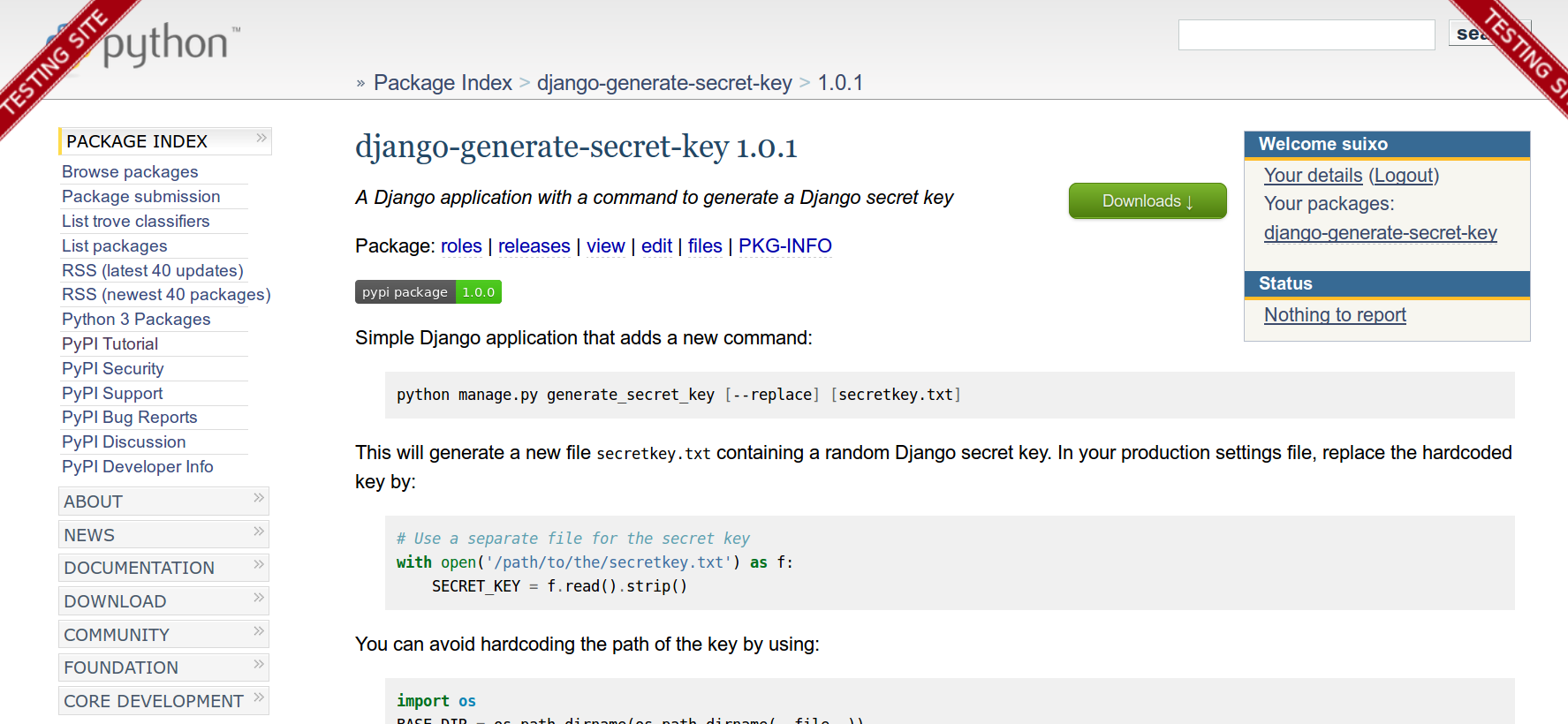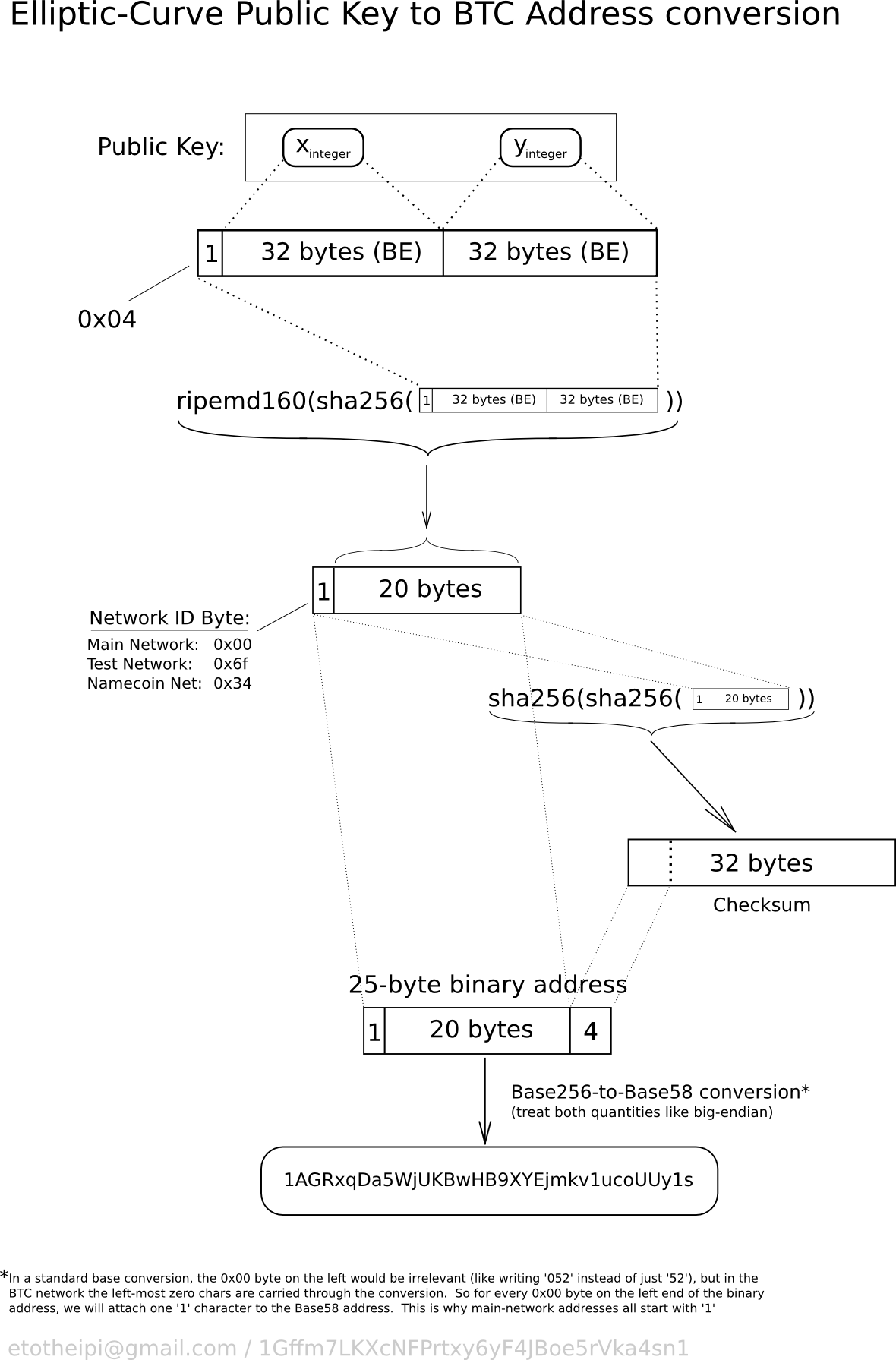Generate A Django Secret Key
Generate a 50-char random string, adequate for Django's `SECRETKEY` - generatedjangosecretkey.py. Skip to content. All gists Back to GitHub. Sign in Sign up.
How is storing the secret key in a file any more secure than storing it directly in settings.py? If he can read settings.py, he probably can read djangosecretkey.txt. If the attacker has compromised your machine, can't they simply load the python interpreter with settings.py to print settings.SECRETKEY? Finally, would it be a bad practice. Generate SECRET KEY. Download files. Download the file for your platform. If you're not sure which to choose, learn more about installing packages. Oct 23, 2019 Generate Django secret key commandline. GitHub Gist: instantly share code, notes, and snippets. A Django application with a command to generate a Django secret key - 1.0.2 - a Python package on PyPI - Libraries.io.
| $ python -c 'import random; print '.join([random.choice('abcdefghijklmnopqrstuvwxyz0123456789!@#$%^&*(-_=+)') for i in range(50)])' |
commented Aug 22, 2018
For Python 3, this should work:
|
commented Jun 2, 2019
commented Jun 3, 2019
I think you should use parenthesis while using |

commented Oct 13, 2019
Seems exceedingly unlikely the In Linux you can read from /dev/urandom or /dev/random(slower) and see someone suggesting |
commented Feb 27, 2020 • edited
edited
Simple Django application that adds a new command:
This will generate a new file secretkey.txt containing a random Django secretkey. In your production settings file, replace the hardcoded key by:
You can avoid hardcoding the path of the key by using:

Install
You can install this package from PyPi: /pgp-public-private-key-generator.html.
Then you will need to add it to the Django's INSTALLED_APPS setting:
Generate A Django Secret Key Card
You can now use
Totp Base32 Secrets
Run this command once in your local environment, and every time you deploy your app (on the remote host), to make sure the file exists.